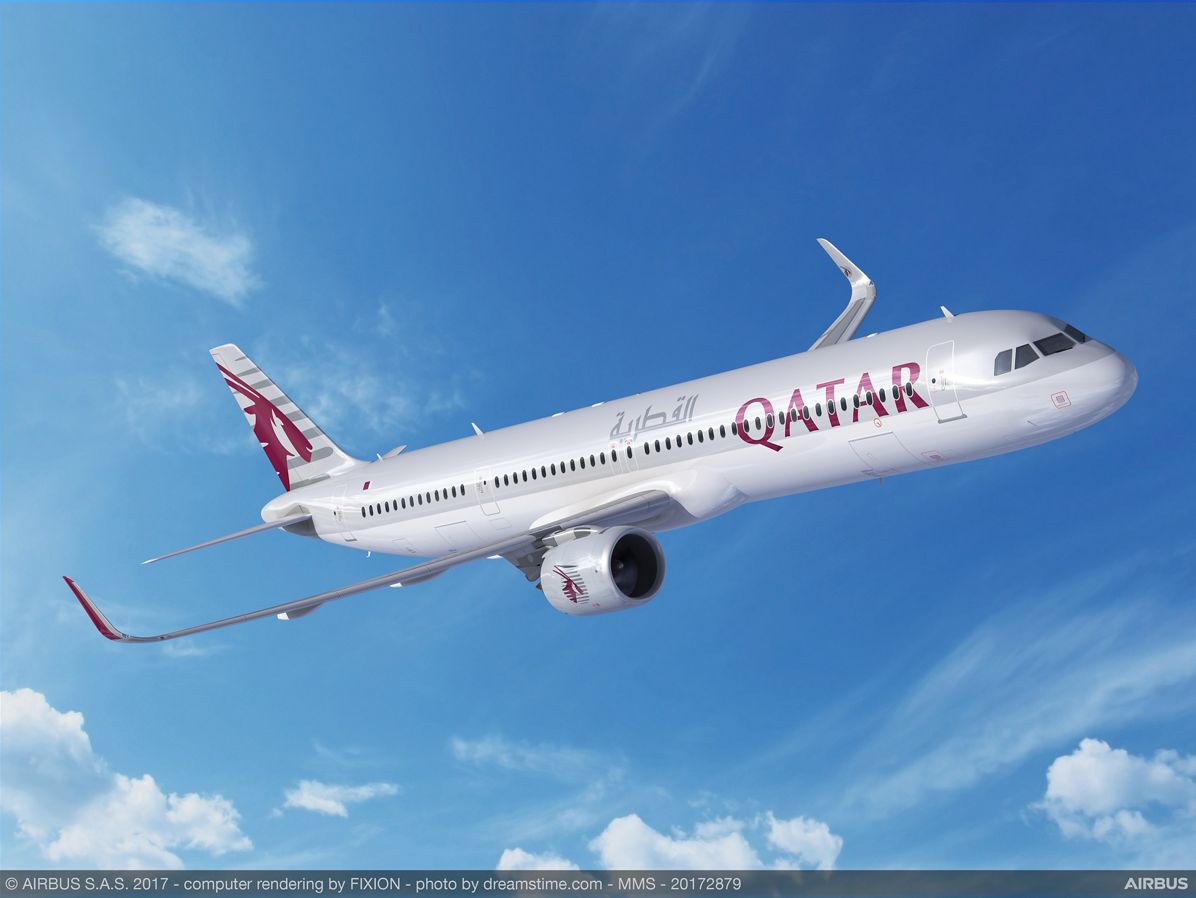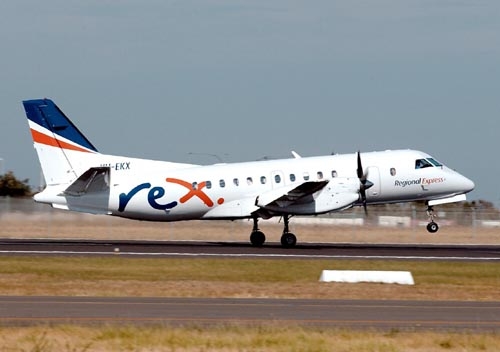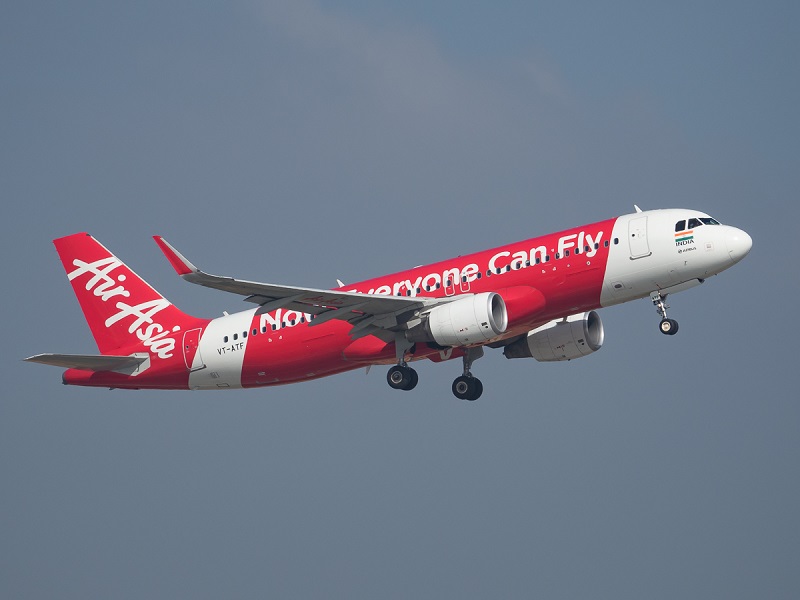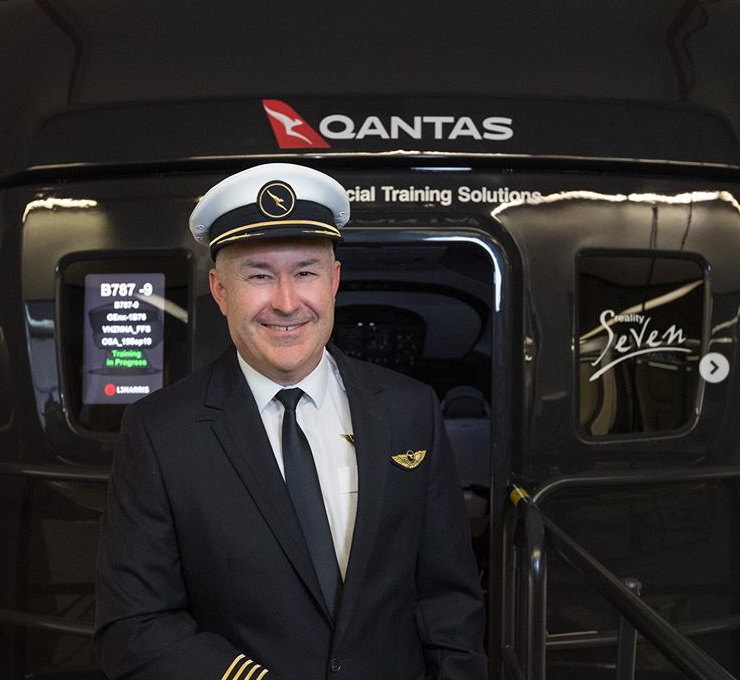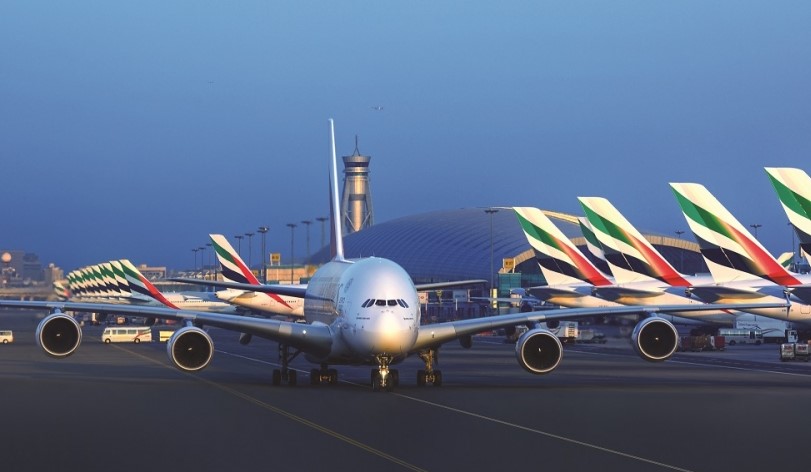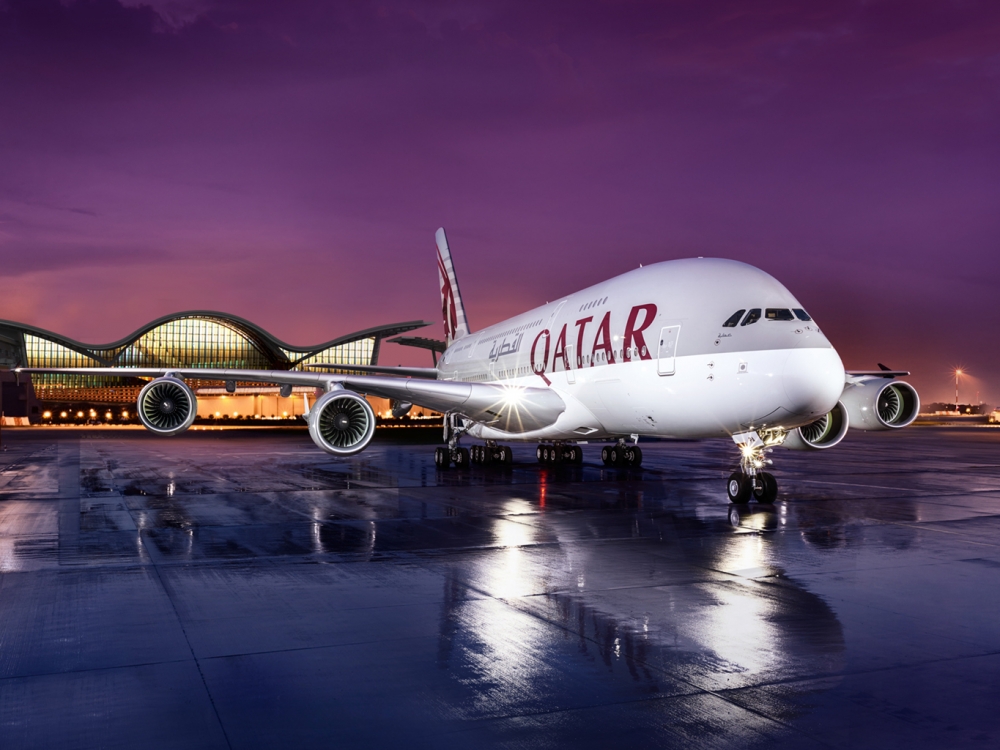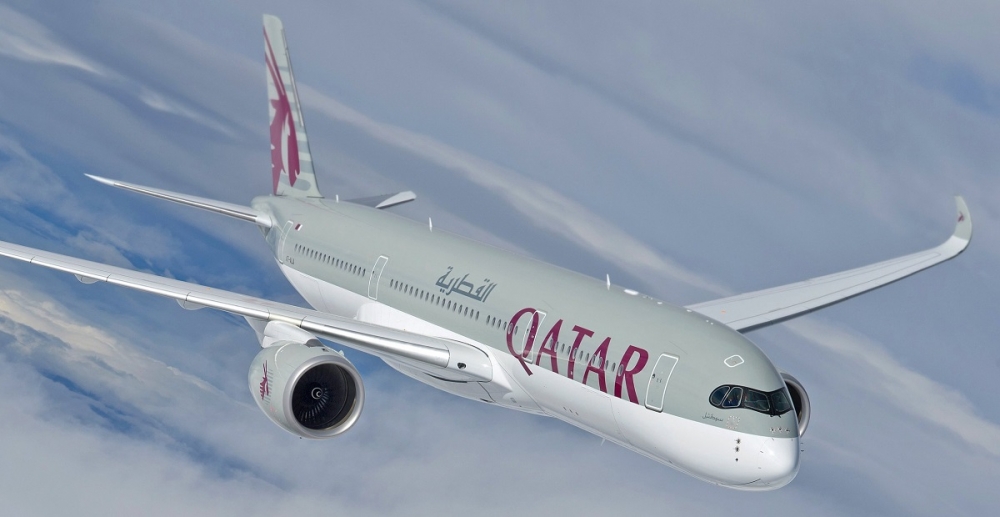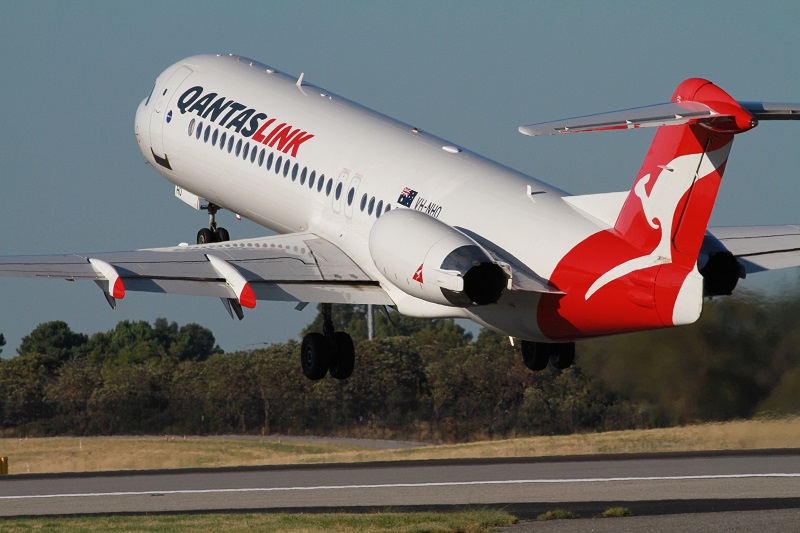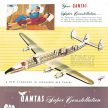Qatar Airways is giving away 100,000 complimentary tickets to frontline healthcare professionals as a way of saying thank you for their incredible efforts to look after people during the COVID-19 pandemic.
The airline — which has led the world in repatriating more than a million passengers to their home country during the crisis — is turning its attention to those who have cared for the victims of the coronavirus.
The giveaway is now open and will run until 11.59 pm on May 18 (4.59 am on May 19, Perth time).
Healthcare professionals can register for the exclusive offer at qatarairways.com/ThankYouHeroes by submitting a form to receive a unique promotion code, offered on a first-come, first-served basis.
Healthcare professionals from every country in the world will be eligible.
To ensure the application process is fair and transparent, each country will receive a daily allocation of tickets, depending on its population size, staggered over a seven-day period from today until May 18. The daily allocation will be released at 12.01 am Doha time throughout the campaign period.
The 100,000 healthcare professionals that receive the promotion code can book up to two complimentary economy class return tickets on Qatar Airways-operated flights to anywhere on the airline’s global network.
Tickets must be booked before November 26, with travel valid until December 10.
The tickets will be fully flexible, with an unlimited number of destination or date changes allowed without any fees. Fare and surcharges will be waived on tickets but airport taxes apply.
Qatar Airways group chief executive, His Excellency Akbar Al Baker said: “We at Qatar Airways are incredibly grateful for the commitment and hard work of healthcare professionals around the world who looked after people in these times of uncertainty.
“Their heroic display of kindness, dedication, and professionalism has saved hundreds of thousands of lives around the world.”
Al Baker told Airlineratings.com that the offer is for all countries regardless of culture or religion.
Qatar Airways recently announced that it has begun a phased approach to expanding its network in line with passenger demand evolution and the expected relaxation of entry restrictions around the world.
It aims to rebuild its network to an initial 52 destinations by the end of May and 80 in June.















